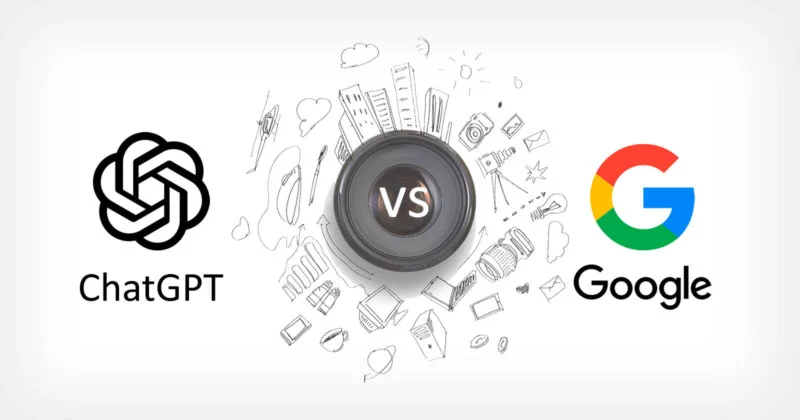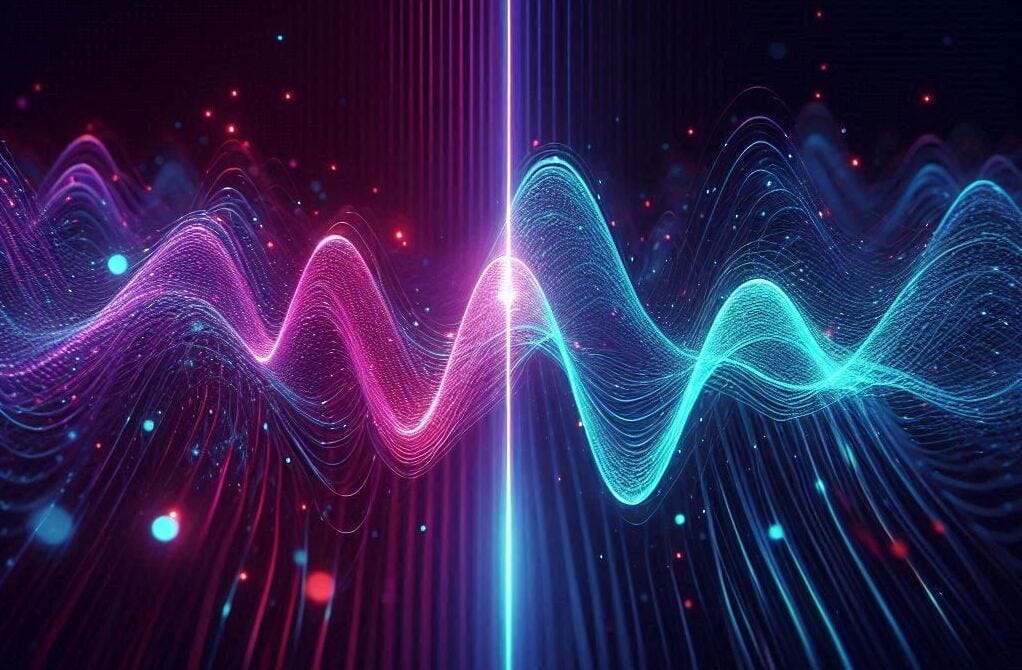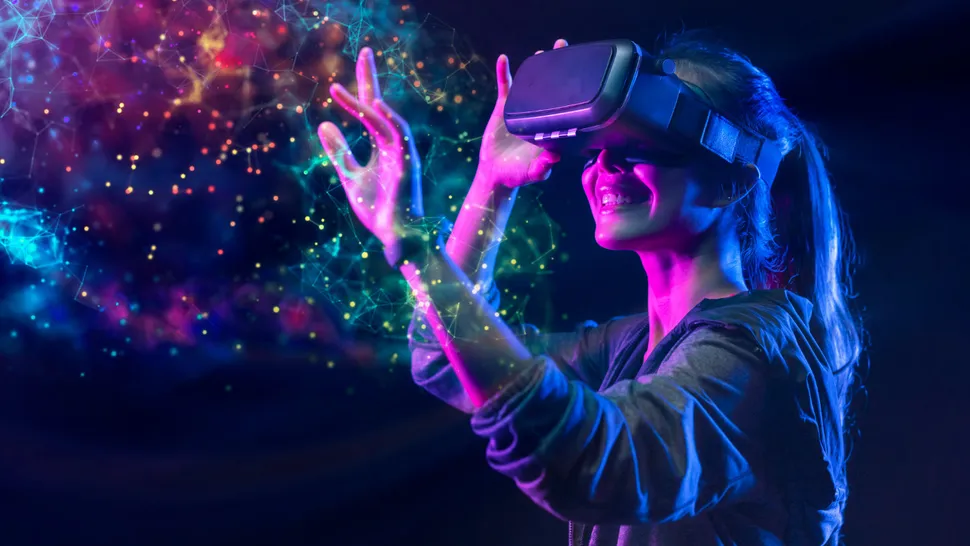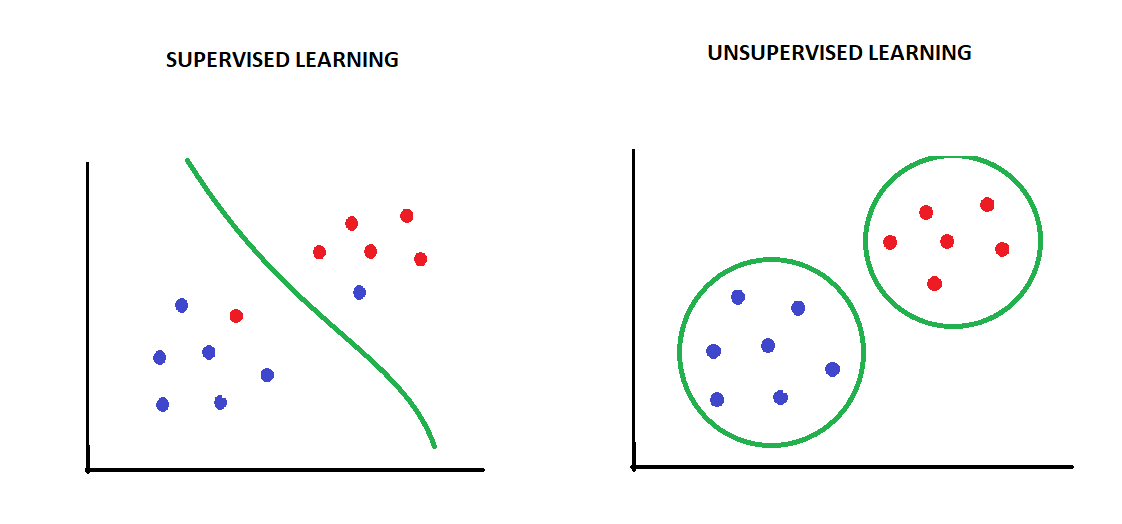The world today is awash in information. Never before in human history have we had such instant access to the collective knowledge of civilization. At the heart of this transformation stand two titans—Google, the long-reigning king of search engines, and ChatGPT, the conversational artificial intelligence born from the deep neural architectures of OpenAI.
Google revolutionized the way we retrieve information. It turned the World Wide Web from a chaotic mess of pages into an organized, searchable treasure trove of facts. For over two decades, we’ve relied on Google to guide us, answer our queries, and help us navigate the digital universe. But something has changed.
Enter ChatGPT, an AI model trained not just to search or link—but to understand, explain, summarize, and even generate knowledge in real time. Unlike Google, it doesn’t fetch web pages. It talks. It writes. It reasons. It simulates understanding. And with each passing day, more people are asking: could this new wave of artificial intelligence replace or even surpass traditional search engines?
This isn’t just a contest of software. It’s a philosophical tug-of-war over how we, as humans, prefer to interact with information. In this article, we’ll explore the battle between ChatGPT and Google—not just in terms of functionality, but also in terms of trust, experience, accuracy, creativity, and the future of knowledge itself.
Origins: One Born from the Web, the Other from Language
To understand how these two information giants differ, it helps to examine their roots. Google was born in 1998 in a Stanford dorm room, created by Larry Page and Sergey Brin. Its mission was deceptively simple: organize the world’s information and make it universally accessible and useful. It did this by crawling the internet, indexing billions of pages, and ranking them using algorithms that measured relevance and authority.
Google’s genius lay in turning the chaos of the internet into something you could explore with a few typed words. It became the de facto oracle of the digital age, answering questions, directing users to websites, and delivering advertisements with stunning precision.
ChatGPT, on the other hand, emerged from a very different lineage. Developed by OpenAI and first released in late 2022, ChatGPT is built on a foundation of transformer-based machine learning—a model architecture introduced by Google itself in a groundbreaking 2017 paper. Unlike search engines, ChatGPT doesn’t crawl the internet in real time. Instead, it was trained on vast amounts of text data—books, websites, forums, and articles—absorbing patterns in language and learning how humans use words to convey meaning.
While Google indexes the web, ChatGPT internalizes the structure of human thought as captured in text. It doesn’t point you to a source. It gives you a synthesized answer, as if it were your personal tutor, consultant, or co-pilot.
The Experience: Search vs Conversation
Using Google is like entering a library where the librarian hands you a list of books, articles, and resources relevant to your question. You’re still doing the reading and interpreting. You sift through links, open tabs, check sources, and evaluate credibility. It’s fast, but it puts the burden of research and judgment on the user.
ChatGPT is more like asking a well-read, articulate person for help. You type a question and get a written response—complete with explanations, examples, and sometimes even humor or empathy. You’re not given a list of sources. You’re given an answer.
This difference in experience is profound. Google is efficient. ChatGPT is immersive. One requires users to search and discern. The other provides a narrative, an interpretation. When you’re in a rush and need a phone number or address, Google is still unbeatable. But when you’re trying to understand a complex concept, brainstorm ideas, or write an essay, ChatGPT often feels like a more natural collaborator.
As digital interfaces evolve, the battle is increasingly about user experience. Do we want raw data, or do we want digestible insight? Do we want to read, or do we want to converse?
Speed and Accuracy: Who Gets It Right?
Google is fast—blisteringly so. In less than a second, it returns millions of search results. Its infrastructure is among the most advanced on the planet. When it comes to pulling up factual, up-to-the-minute information, from sports scores to weather to breaking news, Google remains unrivaled.
ChatGPT is no slouch, but its knowledge is frozen at a point in time. Unless updated frequently or connected to real-time web access (as in some premium versions), ChatGPT cannot tell you who won the latest election or what’s trending on social media. It’s essentially a very smart memory machine—offering deep understanding of the past, but only echoes of the present.
That said, when it comes to depth of explanation, ChatGPT often outperforms Google. Try asking Google to explain quantum entanglement to a ten-year-old, or to help you write a letter of apology in the style of Shakespeare. Google will point you to web pages. ChatGPT will craft a response. The former is a pointer. The latter is a writer, a teacher, an improviser.
But ChatGPT isn’t infallible. It can hallucinate—confidently generating incorrect or misleading information. It can make up sources. It can misstate facts. It doesn’t “know” anything in the way humans do. It generates answers based on probabilities and patterns, not on understanding. Google, for all its quirks, typically links to verifiable sources. That’s a big deal when accuracy matters.
Trust and Verification: The Human Element
In the search for truth, trust is everything. Google’s trustworthiness comes, in part, from its transparency. You can see the sources it uses. You can click on the link, check the author, examine the date, and read the context. This allows for a kind of intellectual due diligence. You’re not just given a fish—you’re shown the lake, the fisherman, and the fishing pole.
ChatGPT doesn’t do that—at least not by default. It synthesizes information, but doesn’t always cite sources. When it does provide citations, they might not correspond to real articles or real pages. This creates a trust dilemma. You have to rely on the AI’s training, integrity, and safeguards rather than your own ability to double-check.
That said, many users find ChatGPT to be remarkably reliable, especially for general knowledge, creative writing, or structured analysis. Its tone is confident, its phrasing is articulate, and its logic often appears sound. In many ways, ChatGPT feels more trustworthy, even when it’s not. This is both a strength and a danger.
In the long run, trust may depend not just on accuracy, but on accountability. Google provides links, but also spam. ChatGPT provides answers, but also hallucinations. The battle for trust will be won by the system that can offer both transparency and responsibility.
Creativity and Expression: Beyond Facts
Here’s where ChatGPT pulls ahead—and not just a little. It can compose poems, write essays, draft scripts, tell jokes, create character profiles, simulate historical conversations, and generate novel ideas. It can help you write a wedding speech, draft a business plan, or explore alternative endings to your favorite book.
Google doesn’t do that. It indexes creativity, but it doesn’t create. It points you to what others have made. It doesn’t make things itself.
This creative capability marks a turning point. For the first time, we have an AI that is not just a tool of retrieval but a partner in imagination. ChatGPT is not just an information system—it’s a writing assistant, an idea generator, a linguistic artist. It can help you express yourself in ways you may not have been able to do alone.
And because it remembers your previous messages (within a session), it can build on past ideas, refine your writing, or adjust its tone based on your preferences. This kind of adaptability is beyond Google’s search bar.
Limitations and Pitfalls: Where Both Struggle
Neither ChatGPT nor Google is perfect. Both have blind spots, limitations, and ethical concerns.
Google’s problems are well documented—filter bubbles, SEO manipulation, misinformation, and surveillance-based advertising. It’s a commercial platform at its core, and its results can be shaped by monetization strategies. Search engine optimization often favors the popular over the accurate, the loud over the reliable.
ChatGPT, for all its intelligence, is prone to hallucination—making up plausible-sounding but incorrect facts. It can sometimes be biased, vague, or verbose. It can lack nuance in sensitive topics or fail to detect sarcasm and irony. Its responses depend heavily on its training data and the prompts it receives.
Both systems are also black boxes to some degree. Google’s ranking algorithms are secret. ChatGPT’s inner reasoning is hidden behind billions of parameters. Understanding why either one gives a particular answer is still a challenge.
The Future: Coexistence or Conquest?
So who wins the battle for answers? The reality is more complex than a zero-sum game.
In the short term, the two systems serve different needs. Google is ideal for fast facts, real-time updates, shopping, and web navigation. ChatGPT shines in explanation, creativity, tutoring, and content generation. They complement more than they compete.
But in the long run, the lines are blurring. Google has already integrated its own large language models (like Bard and Gemini) into its search experience. OpenAI has introduced plug-ins and web-browsing tools into newer versions of ChatGPT. The future may not belong to one or the other, but to hybrid systems that combine the best of both.
Imagine an AI that can answer your question in natural language, cite its sources, verify its facts in real-time, and remember your preferences. That’s the holy grail—and it’s coming.
Conclusion: The Human in the Loop
Ultimately, the battle between ChatGPT and Google isn’t just about technology. It’s about us—our habits, our values, our desires. Do we want fast access or deep understanding? Links or language? Facts or stories?
For now, the wisest users treat both tools as complementary. Ask Google when you need a link, a location, or a headline. Ask ChatGPT when you need clarity, insight, or inspiration. Use one to search the world, the other to search your thoughts.
Because in the end, neither machine has won. The real winner is the human who knows how to ask the right question—and what to do with the answer.






